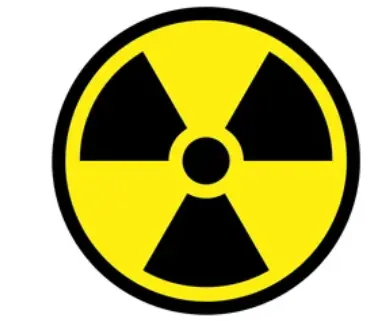 Welcome
Welcome
“May all be happy, may all be healed, may all be at peace and may no one ever suffer."
Cryptococcosis - Generics
Cryptococcosis is a fungal infection caused by the Cryptococcus species of fungi, which is found in soil and bird droppings. The infection is most commonly acquired through inhalation of fungal spores, which can lead to pneumonia-like symptoms or meningitis.
Symptoms of cryptococcosis may include:
- Headache
- Fever
- Fatigue
- Nausea and vomiting
- Sensitivity to light
- Confusion or altered mental status
- Stiff neck
- Shortness of breath
- Cough
Cryptococcosis can be diagnosed through laboratory tests that identify the presence of the fungus in blood, cerebrospinal fluid, or tissue samples. Treatment typically involves antifungal medications such as amphotericin B and fluconazole, which can be given orally or intravenously depending on the severity of the infection.
Individuals with weakened immune systems, such as those with HIV/AIDS, are at higher risk of developing cryptococcosis. Prevention measures include avoiding high-risk environments such as areas with bird droppings or construction sites, and taking precautions to reduce exposure to soil and dust, particularly in individuals with weakened immune systems.

Agoraphobia

Prevent kidney damage

Radiation emergency

Thrombocytopenia

Familial adenomatous poly...

Bacterial and trichomonal...

Pain associated with MI

Acute asthma
Cryptococcosis, ক্রিপ্টোকোকোসিস
To be happy, beautiful, healthy, wealthy, hale and long-lived stay with DM3S.